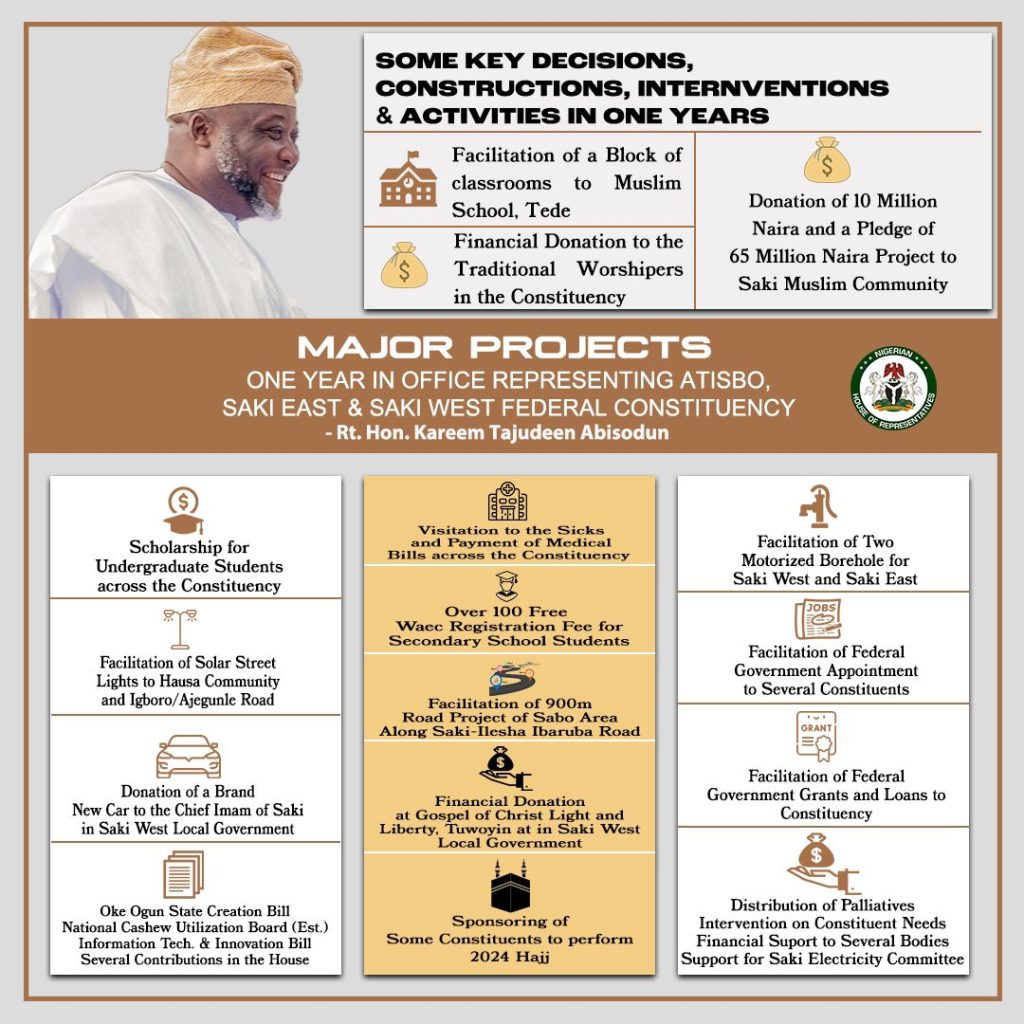Following President Bola Tinubu’s approval of a new minimum wage of N70,000 for Nigerian workers, the President of the Nigeria Labour Congress (NLC), Joe Ajaero, has clarified the reasons behind the organized labour’s acceptance of the proposal. Ajaero spoke to State House reporters after a meeting with President Tinubu, emphasizing that the decision to agree to the N70,000 minimum wage was influenced by several key factors.

He stated that one of the primary reasons for accepting the offer was the inclusion of additional incentives attached to the wage proposal. These incentives were crucial in addressing the broader welfare concerns of workers beyond just the basic wage increase.
Furthermore, Ajaero highlighted President Tinubu’s commitment to reviewing the national minimum wage law every three years as a significant improvement over previous arrangements. This regular review mechanism is expected to ensure that the minimum wage remains responsive to economic changes and inflationary pressures, thereby safeguarding the purchasing power of workers over time.

President Tinubu’s announcement of the N70,000 minimum wage came during a second meeting with labour leaders in Abuja, following an initial meeting held the previous week. The decision marks an increase from the previous minimum wage of N30,000, which expired on April 18, 2024.
Bayo Onanuga, the Special Adviser on Information and Strategy to President Tinubu, confirmed the development via social media, noting the President’s commitment to supporting the private sector and sub-national governments in meeting the new wage requirements. Onanuga also mentioned President Tinubu’s pledge to use discretionary powers to address the demands of university unions regarding unpaid salaries.

The acceptance of the N70,000 minimum wage offer reflects a balance struck between the government’s fiscal responsibilities and the labour movement’s advocacy for improved workers’ welfare. The proposal is expected to undergo legislative approval by the National Assembly before implementation, ensuring it becomes legally binding for all employers across Nigeria.



